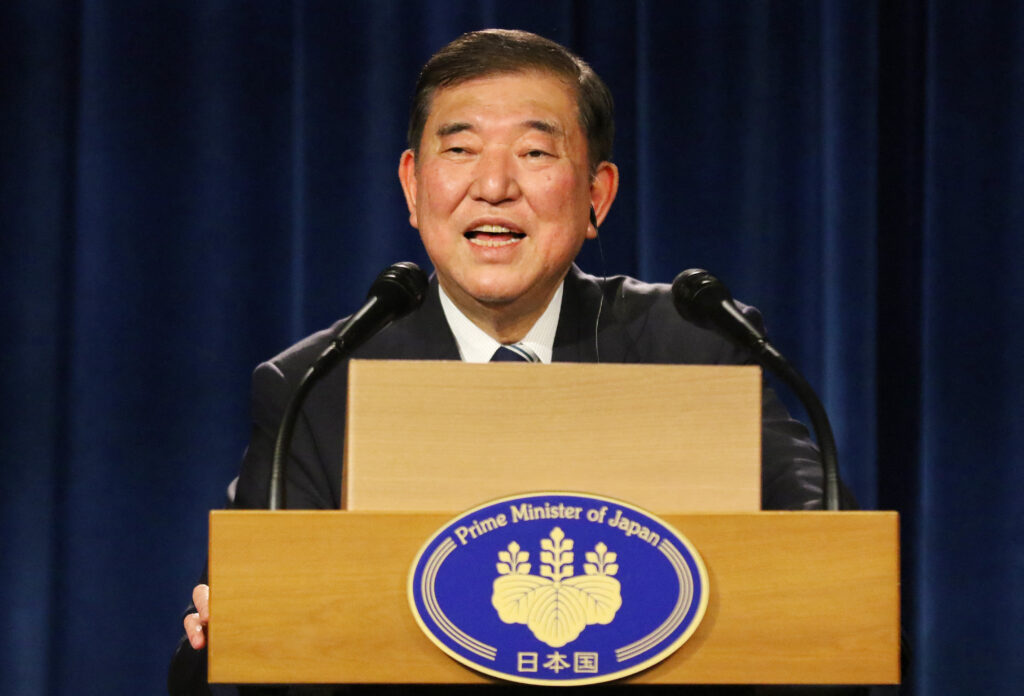
- ARAB NEWS
- 18 Aug 2025

TOKYO: Voting kicked off Sunday for the Tokyo metropolitan assembly, a poll seen as a key barometer of public sentiment towards the central government, which has been struggling with low approval ratings.
Prime Minister ISHIBA Shigeru’s Liberal Democratic Party — its popularity battered by surging inflation and high rice prices — hopes to retain its position as the largest party in the mega-city’s legislature.
“We will do everything… to get everyone elected,” Ishiba told reporters earlier this month when campaigning kicked off, claiming his party was best positioned to resolve local issues affecting Tokyo’s some 14 million residents.
The Tokyo assembly election are being watched closely as they come just weeks before elections — which local media has reported could be July 20 — for the country’s upper house.
Ishiba is seeking to maintain his coalition’s majority, having already lost a majority in lower house elections last October.
Local media have speculated that further poll blows could lead to a change of party leadership.
For months, public support for Ishiba, who took office in October, has been at rock bottom, thanks in part to rising inflation and soaring rice costs on his watch.
Polls this month showed a slight uptick in support, thanks in part to new policies to tackle the rice price issue.
Polling stations will close at 8:00 pm (1100 GMT).
A record 295 candidates were running in Sunday’s election — the highest since 1997, including 99 women candidates, the highest ever, which officials have hailed as a “delightful trend”.
Japan remained at 118th place out of 148 countries in the World Economic Forum’s Global Gender Gap Index ranking this year, as women’s participation in politics was particularly low.
AFP